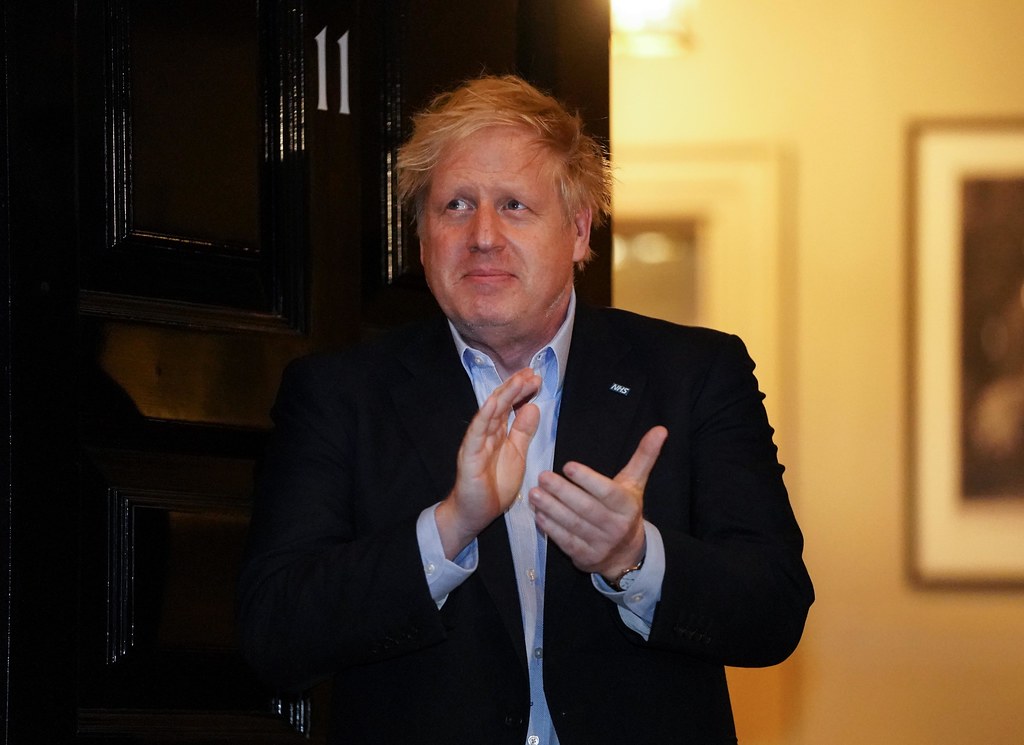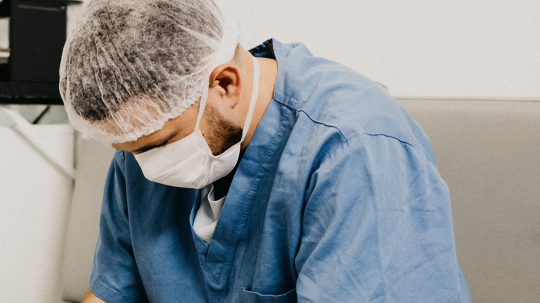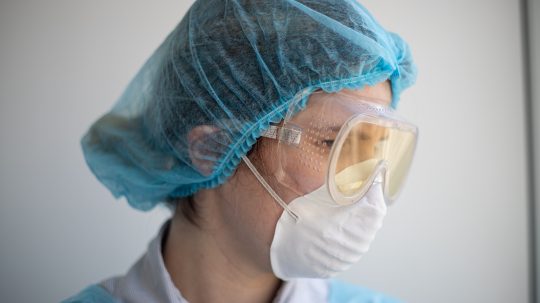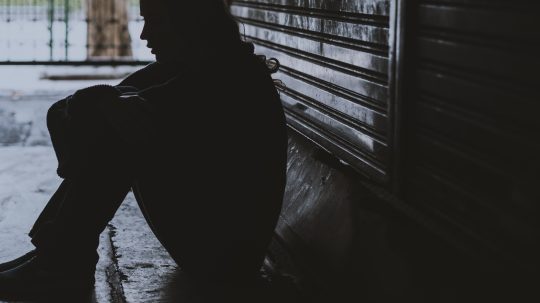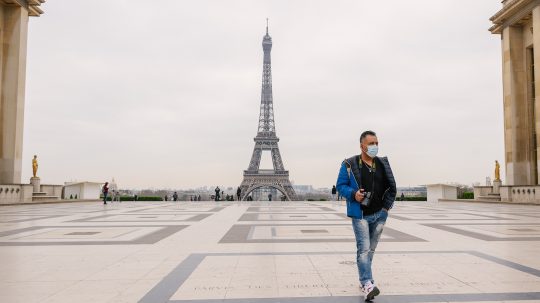At 8pm every Thursday, people across Britain are clapping, cheering, and banging pots and pans to demonstrate their support for essential workers, especially those in healthcare, toiling through the pandemic. Public buildings around the country are lit up in “NHS blue” and the hashtag #NHSHeroes is trending on social media.
The use of the word “heroes” to describe doctors and nurses has become commonplace in news reports about Covid-19.
Labelling healthcare workers as heroes and expressions of gratitude for their actions can be very positive, both for those showing appreciation and for those being thanked. As our research into heroism and global politics shows, creating and sharing stories about heroes is important for building and maintaining communities. In the current circumstances, these weekly clapping sessions are one of the few actions we undertake with other people.
When we regard someone as a hero, we elevate them and their actions to a different plane of existence, far removed from the every day. This is understandable, because heroism takes place during crises and emergencies.
There is little scope for heroic behaviour when the world functions as it should. But while we are caught up in watching the heroic drama unfold, we may become too distracted to ask important and difficult questions.
One such question is why we need healthcare workers to be heroes in the first place. Heroism implies that heroes choose to put themselves in danger, but none of these NHS workers signed up to do jobs that would require them to risk their lives just by going to work.

Credit: Gordon Joly / Flickr
And some might argue that those risks could have been significantly reduced by a different approach to the pandemic. Earlier restrictions on public gatherings for example, or a better supply of personal protective equipment (PPE) for NHS staff.
So too much focus on NHS heroes risks leaving the public with the impression that the current situation was inevitable. That the only hope for the future lies in the heroic behaviour of those directly caring for sufferers of the virus.
This is a narrative that benefits political leaders by allowing them to deflect responsibility for their handling of the pandemic.
But when we ask hard questions about government policy responses and pandemic preparedness, deflection to heroic narratives no longer offers political cover. Health secretary Matt Hancock responded defensively to reports of PPE shortages, criticising NHS staff for waste and inefficiency in their use of protective equipment.
This was in sharp contrast to the usual government praise for “brave NHS heroes” and notably Boris Johnson’s public expressions of gratitude for nursing staff who cared for him during his recent hospitalisation.
The people who care
But as we turn healthcare workers into heroic symbols, it is easy to lose track of who they are as individuals. The hero label obscures the details, encouraging us to focus on the superhuman or extraordinary qualities we assume a hero possesses. It doesn’t invite us to look further because we already think we know what and who a hero is.
But if we pay closer attention to the real people behind the hero label, we will be able to see much more clearly some important truths about the health sector in Britain, especially its demographic makeup.
In the UK, the first ten doctors and three of the first six nurses to die from Covid-19 were from the black, Asian and minority ethnic (BAME) community. In thanking the medical professionals who treated him in hospital, Johnson gave special praise to two nurses – one from New Zealand, the other from Portugal.
It is hard to find the words to express my debt to the NHS for saving my life.
The efforts of millions of people across this country to stay home are worth it. Together we will overcome this challenge, as we have overcome so many challenges in the past. #StayHomeSaveLives pic.twitter.com/HK7Ch8BMB5
— Boris Johnson #StayHomeSaveLives (@BorisJohnson) April 12, 2020
This is a stark demonstration that the NHS relies heavily on the work of a multi-ethnic and global community of healthcare providers.
The NHS simply cannot survive without the contributions and expertise of a very diverse group of people, including some who have come to work in Britain from the EU or further afield.
Yet the Home Office chose the midst of this pandemic to reaffirm its commitment to a points-based immigration system with a threshold for skills and salary that would exclude many who work in hospitals, including nurses, porters and cleaners.
How much does Britain really value its NHS heroes? Will their hero status protect them from discrimination, racism or even the threat of being deported in the future?
Securing adequate resources for hospitals and healthcare workers is an immediate priority. We should be able to express gratitude to our health workers for working long hours and providing excellent care without also asking them to risk their own lives.
Eventually we will be in a position to look for legacies of the Covid-19 global pandemic. What community building, at local and global level, can the narrative of health heroism permit? Perhaps it will involve support for better funding of hospitals and care homes, community medicine and public health. Let us hope that it will include a recognition of the need for better global solidarity.
Like supply chains and transportation, healthcare is interconnected. We need to work together to make sure we are all prepared for other catastrophic events in the future – so that we don’t need to rely on the self-sacrifice of heroes.![]()
This article is republished from The Conversation under a Creative Commons license. Read the original article.

